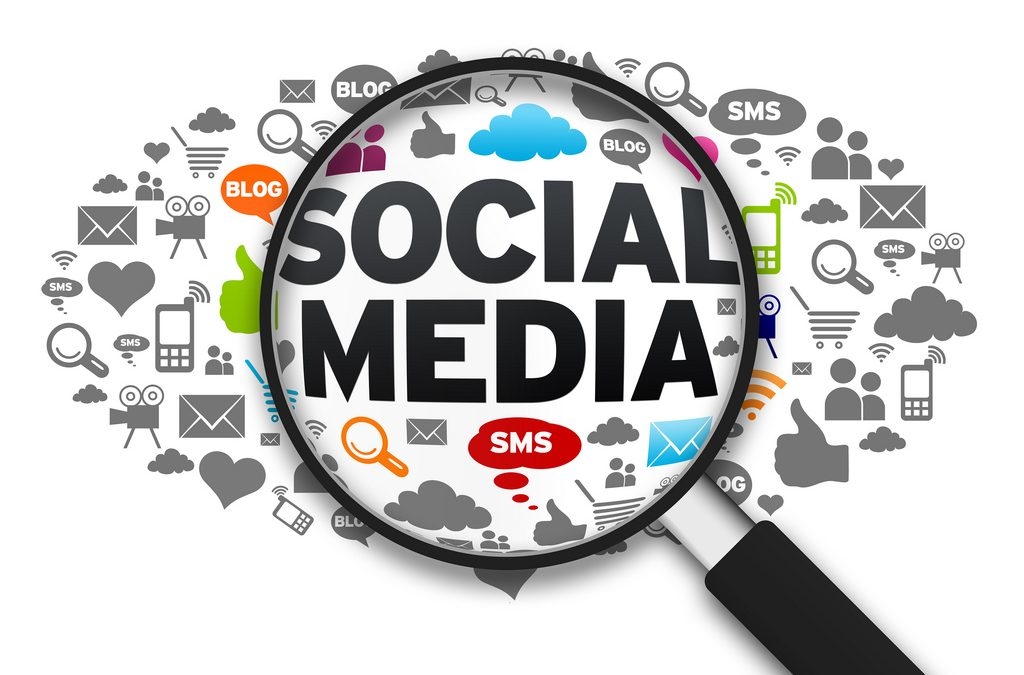A total of 1,329 social media URLs were blocked or removed till November 2017 at the government’s behest, an increase of 38% from 2016, according to a news report.
Take a look at the numbers of the social media URLs blocked or removed at the Modi government’s behest on account of “objectionable content”.
Till November 2017, a total of 1,329 social media URLs were reportedly blocked or removed on the recommendation of a government committee.
In 2016, this number was 964 (a rise of 38% in the first 11 months of 2017), while in 2015 the number was 587. For perspective, a total of 10 URLs had been blocked or removed in 2014.
This censorship of the Web 2.0 has been taking place under Section 79(3)(b) of the Information Technology (IT) Act 2000.
On Facebook, a total of 530 URLs were blocked till November 2017, compared to 363 in 2016 and 352 in 2015.
As for Twitter, 588 URLs were blocked till November 2017. In 2016, this number was 196 while in 2015, a total of 27 URLs had been blocked. On YouTube, 123 URLs were blocked till November 2017, compared to 3 in 2016 and 125 in 2015.
However, while instances of the government asking social media companies to take down content has increased dramatically, blocking of URLs through court orders has declined.
While 432 URLs were blocked or removed through court orders in 2014, this number came down to 632 in 2015. In 2016, a total of 100 URLs were blocked through court orders, and this number had declined to 83 till November 2017.
An internal note of the Ministry of Electronics and Information Technology, according to The Hindu, said, “While social media sites are a good medium to share and exchange information, some miscreants are also using this platform to spread rumours and posting objectionable content thereby causing disturbance in the society.”
Further justifying the censorship, “It has been observed that the misuse of social networking sites for malicious purposes is on the rise. These websites are being used by malicious people to harvest personal information of the targeted users or group of users.” It went on, “The mutual trust of the users is also used in enticing users to click on links to malicious URLs and opening files containing malware.”
However, more than protecting Indian netizens from malware, the stratospheric rise in the government orders to block or disable content seems to indicate an intensified muzzling of the freedom of speech and right to dissent of citizens — many of whom take to social media to criticise the government and express their political opinions.
For example, on 26 September 2017, Facebook blocked the account of a journalist named Mohammad Anas for 30 days after he shared a picture of a cash memo of a trader in Gujarat that carried the following printed message at the bottom: “Kamal ka phool hamaari bhool” (Voting for the Lotus (BJP’s symbol) was our mistake”.
The context was the peaking disenchantment of traders in Gujarat with the BJP’s destructive economic policies, and the state assembly elections that were upcoming at the time.
Similarly, a highly popular parody page on Facebook called “Humans of Hindutva”, which openly criticised the BJP government and its Hindu fundamentalist ideological fount RSS in satirical posts, was blocked temporarily last year.
Under the BJP rule, the country has seen horrendous lynchings of people from minority religions as well as Dalits, besides the expected spike in communal polarisation that is the political strategy of the RSS-BJP.
According to Facebook’s “Government Requests Report ,” the requests for data made by the BJP government at the Centre have also been steadily increasing. Between January and June in 2017, the BJP-led made a total of 9,853 requests for data from Facebook. In 2016 between July and December, a total of 7,289 requests were made while in the first six months of 2016 the number of such requests was 6,324.
Facebook also said it restricted access to 1,228 pieces of content in India “in response to legal requests from law enforcement agencies and the India Computer Emergency Response Team within the Ministry of Electronics and Information Technology” in the first half of 2017.
“The majority of content restricted was alleged to violate local laws relating to defamation of religion and hate speech,” the company added.
Courtesy: Newsclick.in

